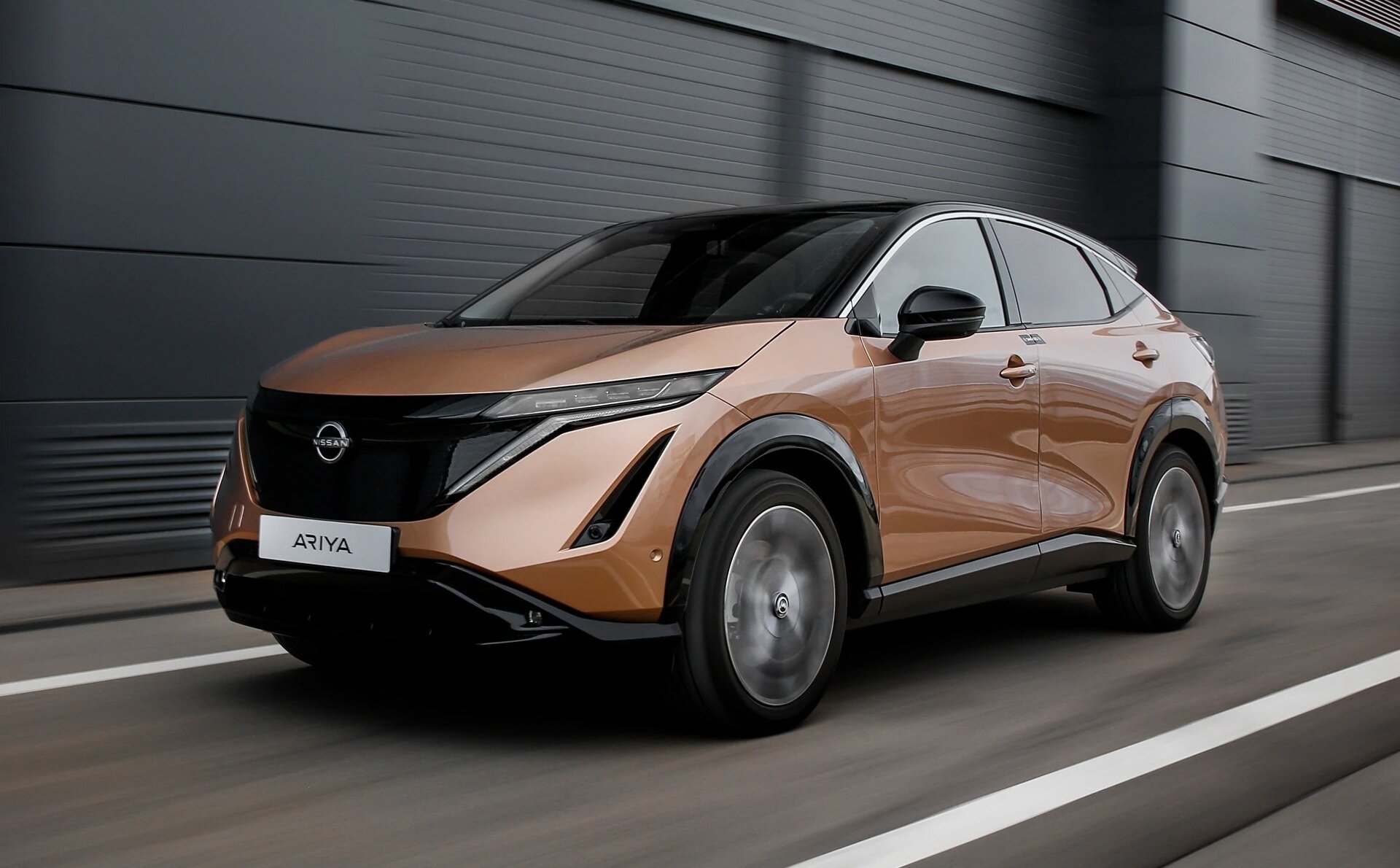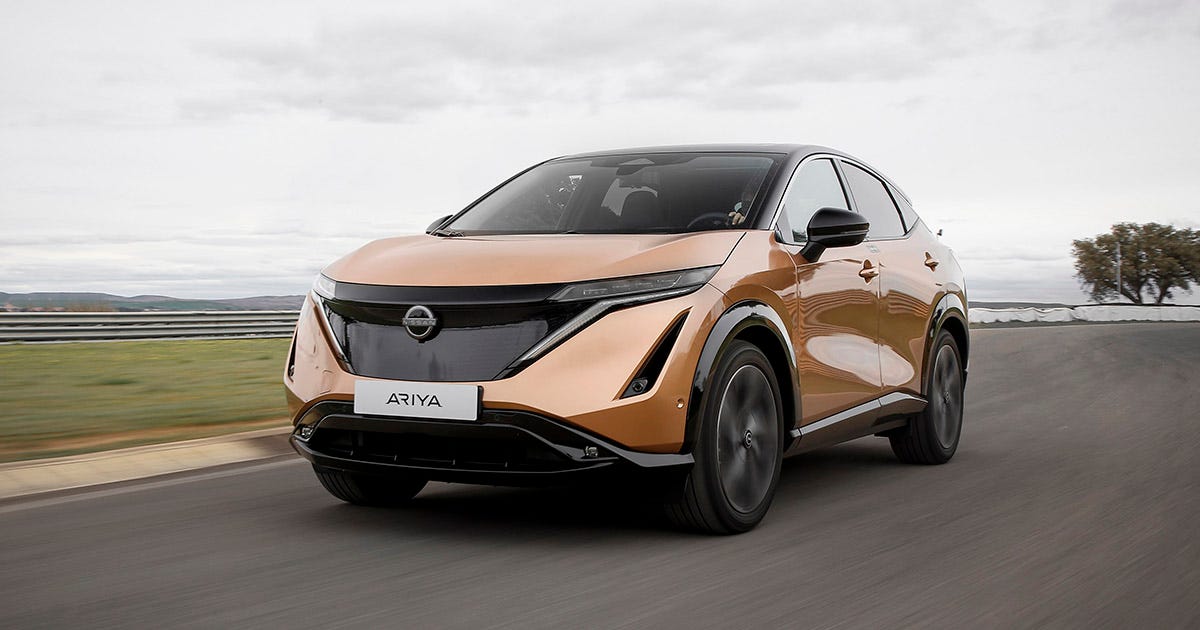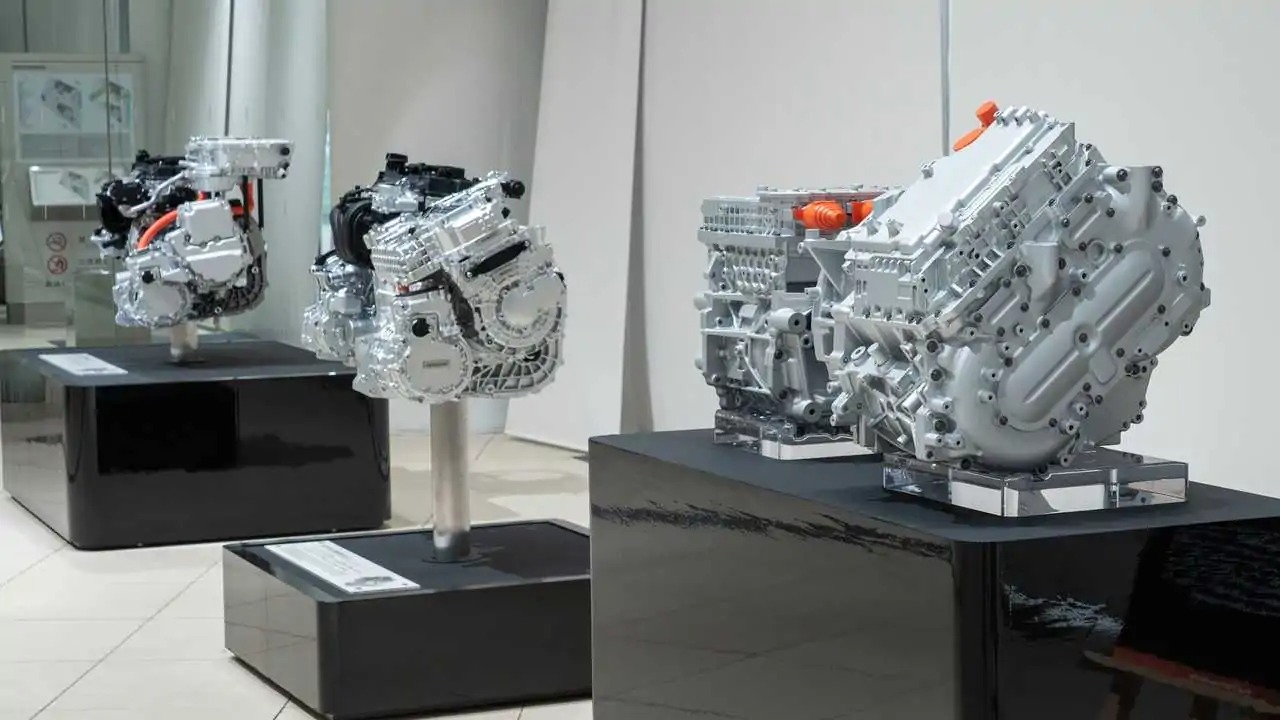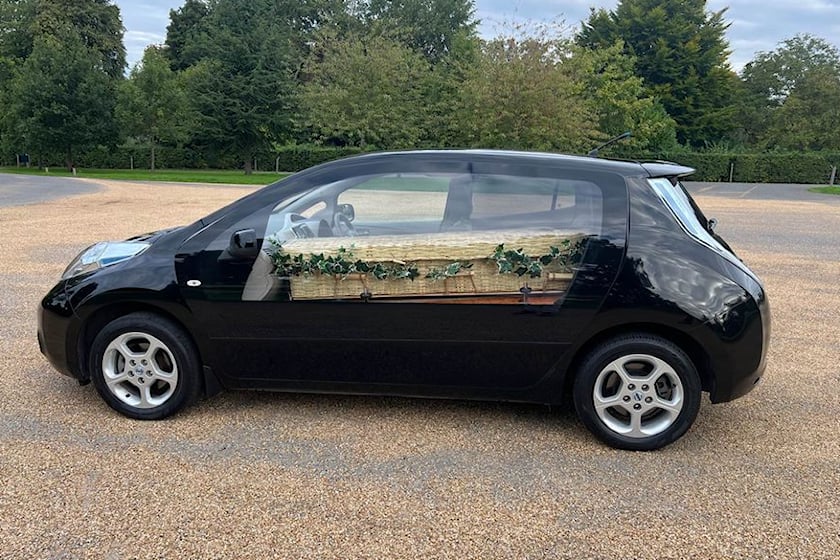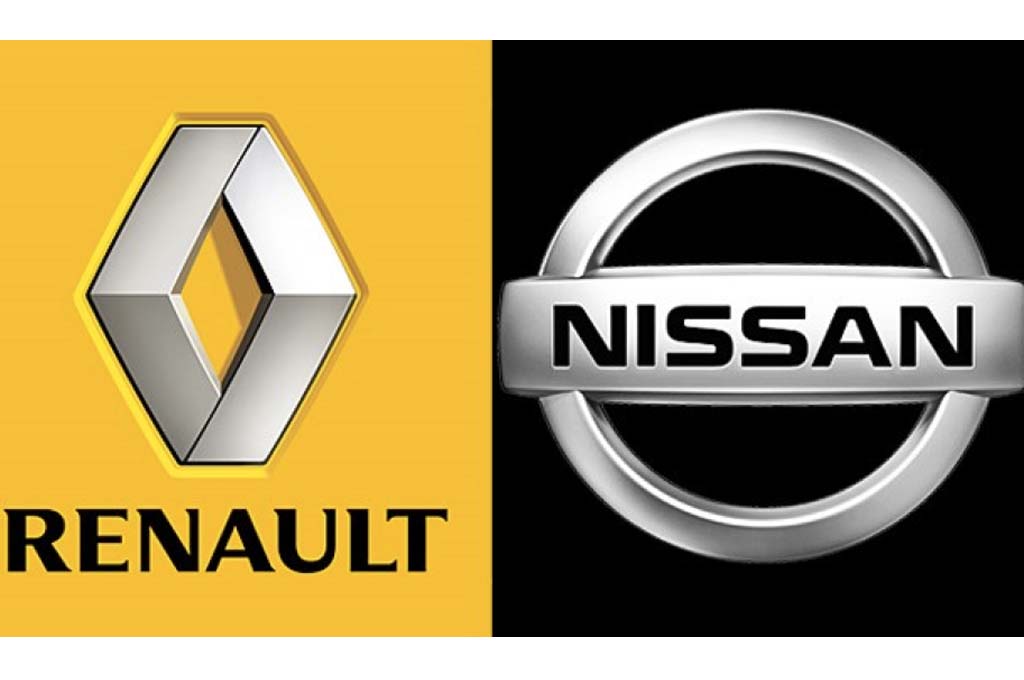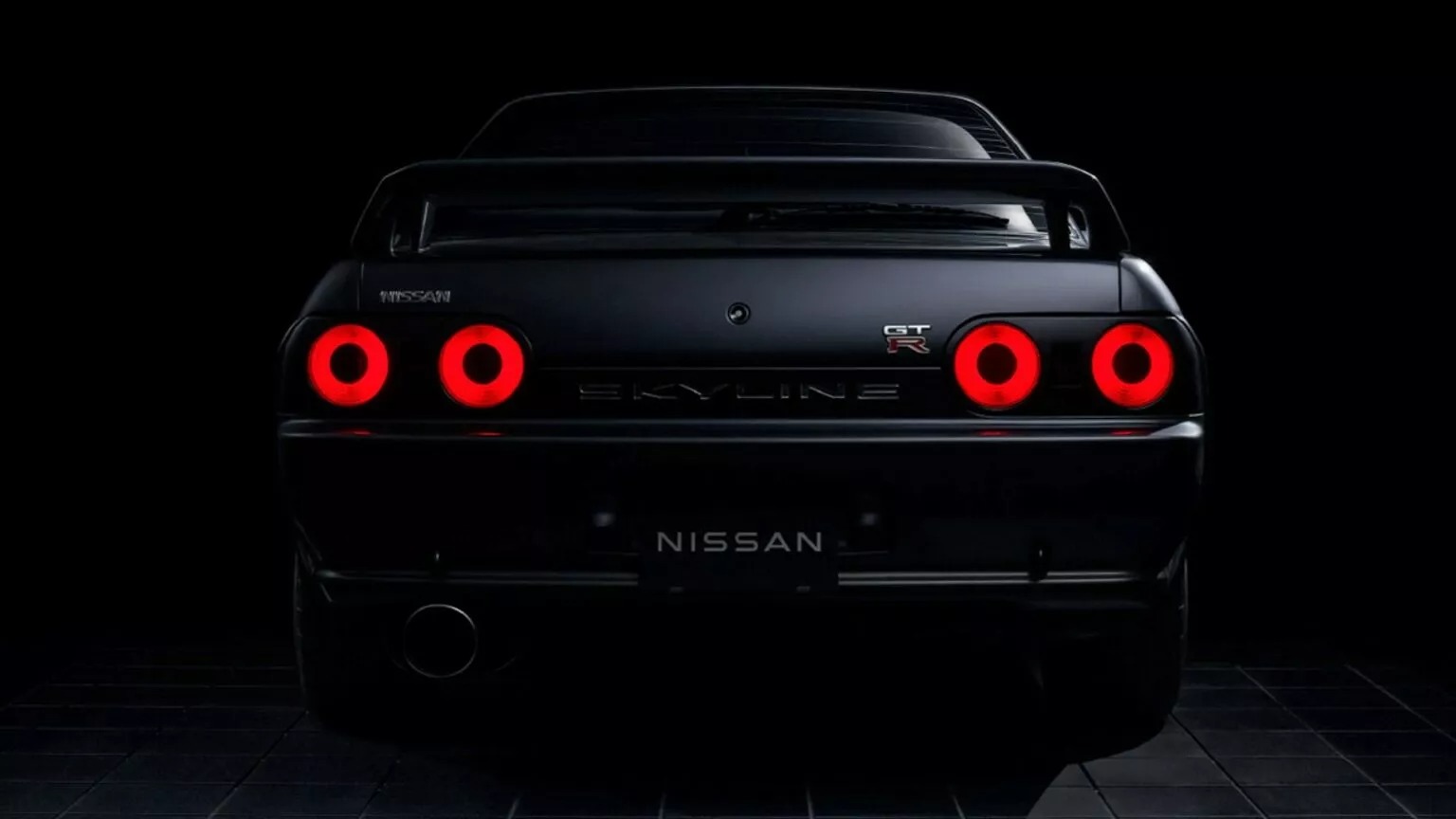Nissan is gearing up to comply with US local sourcing rules for EV tax credits by 2026, after consolidating its platforms and drivetrains for more competitive electric vehicles (EVs). The Japanese automaker has announced plans to introduce six EV nameplates in the US market, with four of them to be produced locally at its plant in Canton, Mississippi, starting from 2026.
These models will qualify for the full $7,500 incentive offered under the Inflation Reduction Act (IRA). The remaining two models, the Ariya crossover, and the successor to the Leaf hatchback, will not qualify for the full incentive.
Nissan’s COO, Ashwani Gupta, has expressed confidence that the company will be able to comply with IRA through localization, starting in 2026.
“We as Nissan are confident that we will be complying for IRA with localization starting in CY 2026,” Gupta said at a briefing on February 27 about the company’s electrification strategy, according to Automotive News.
This will include managing final assembly and content from foreign entities of concern, as well as localizing battery components and minerals. The company is also planning to produce electric powertrains in the US, with a possible revamp of the engine plant in Decherd, Tennessee.
See also: Inflation Reduction Act will offer tax credits of $7,500 or $40,000 for electric delivery vehicle
However, the most significant challenge for Nissan will be managing the transition to fully localized mineral supply. Gupta has described this as an opportunity to accelerate the competitive electrification, but also acknowledged that it will be a difficult challenge.
Nissan expects more than 40% of its US sales to be all-electric by 2030, up from the earlier forecast of 40%, due to IRA requirements. The final sales ratio will depend on the finalization of IRA requirements. In 2020, Nissan sold just 12,025 Leafs and 201 Ariyas in the US, out of a total of 729,350 sales for the automaker.

